“Hunt, Gather, Parent” is the only parenting book you’ll ever need. For realzies.
So you’re telling me that I’m supposed to approach parenting like “Mister Rogers… stoned.” ??? Go on….I’m listening.
That’s just one of the many gold nuggets scattered throughout Michaleen Doucleff’s “Hunt, Gather Parent.” Which, is by far the most influential parenting book I have ever read. And I assure you, I have read more parenting books than I ever should have.
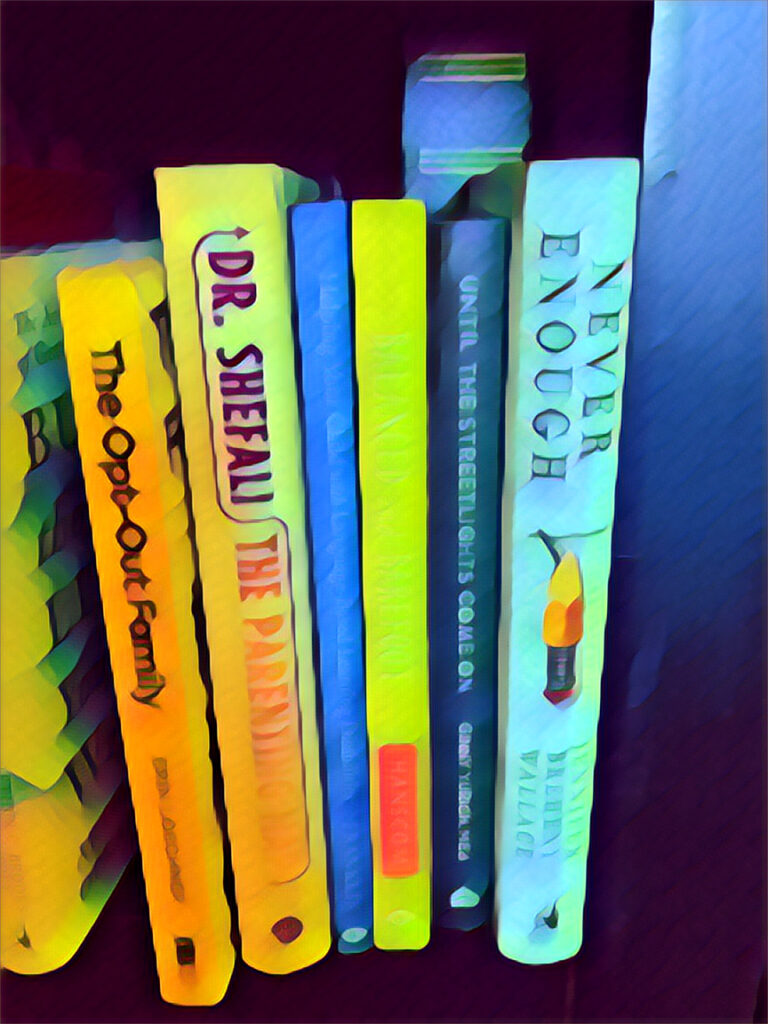
Most parenting books leave you confused, grasping to remember the million rules they laid out, and feeling like you’ve already screwed-up your kids forever. This one gives you just two main ideas to implement into your daily life, and they’re easy to remember.
Author Michaleen Doucleff studied three ancient cultures (the Maya, Inuit, and Hadzabe) whose children are still happy and helpful, and boiled it down to two important things:
- Let your children help.
- Don’t yell at your children.
Pretty easy? Right?
Well……neither one is easy at all, but they’re certainly easy to remember. And once you implement them, they’re truly life changing.
Parenting done easier
This book gave me permission to stop going to the overstimulating, overpriced arcade and let the kids play outside or help me around the house.
This book told me that it’s ok for us to do things that are not “child-centered,” but instead have kids do actual work! Let’s face it, our kids will eventually need to wash a dish or plunge a toilet, so let them follow you around and learn life skills! Little kids think it’s fun! (No seriously, they do.)
I don’t know about you, but I was SO sick of being my children’s full time “cruise director.” We were spending every moment of our free time going to tee-ball class, or the play date with the mom I didn’t particularly enjoy, or the trampoline park that felt more like a rave than a playground.
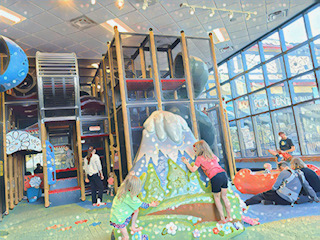
Doucleff agrees, stating, “I never really enjoyed these activities. Saying it makes me feel like a bad mom, but it’s true. At “kid-friendly” places, I was either completely bored or utterly overstimulated by the noise, light, and chaos.” She confesses, (to my relief) “Playing at home with Rosy in the living room wasn’t much better. Some afternoons I’d rather have stabbed my eyes out than play another session of Princess Elsa and Anna. But I told myself, This is what a good mother does.”
Sound familiar?
Many of us have fallen into the trap of cooking and cleaning when our children are asleep (or watching screens) and spending all of their waking hours catering to their entertainment. This was especially true when I was a working mom. I felt like doing chores or errands on the weekend was a “waste” of my child’s time, and that I should instead be fostering something educational, like library storytime, or a class about ecology at the local nature center. (And as we drove there, we listened to mind-numbing “children’s music” that made me feel like I was being tortured by the CIA.)
When Doucleff visited the Yucitan, she found that Maya parents don’t feel the need to schedule many, if any of these “child-centered” activities. (That is, activities solely for kids that parents would not do if they did not have children.) “Instead, the parents give their children an even richer experience, something that many Western kids do not get much of: real life.”
Parenting tip #1: Let your children help!
I’m sure you have noticed how toddlers always want to help. (“I can do it myself!”) So let them! They might break a dish while unloading the dishwasher, but this is how you make “happy workers.”
Have you heard yourself say this: “Let me do it because it will go faster. You go play.” Well, you were teaching your child that their job is to play (or ipad) while you work. No wonder they don’t want to help out once they’re 14! But it’s not too late. Let your teens help with dinner or grab that book from the high shelf. You can still make a helpful human!
Our children learn how to become adults from us. If we don’t teach them the ins-and outs of adult life, then somebody else will. And in the current culture, anything we don’t teach them, they’ll probably learn from some yahoo on Tik Tok.
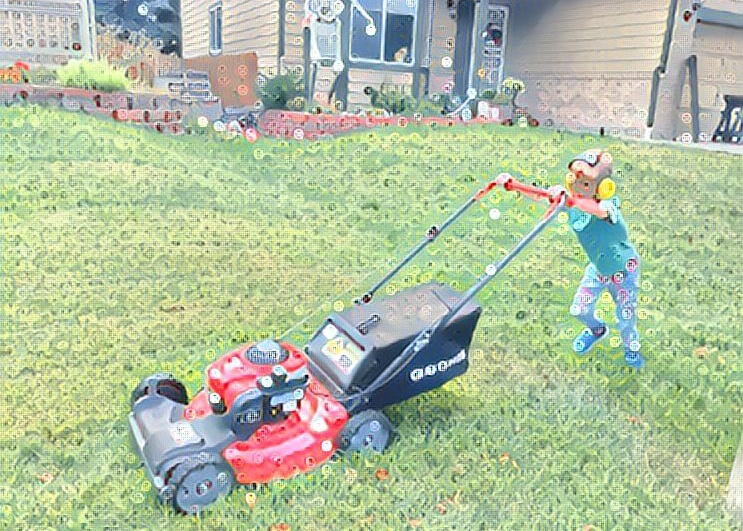
So bring your kids along to fill the car with gas. Give them a chance to push the lawn mower. Let them help you make the breakfast pancakes. Not only does this give them the skills of life, but it instills confidence and a sense of purpose. Doucleff writes that, “By welcoming children into the adult world, you confirm that they belong on the family’s team. Metaphorically, you’re giving them a membership card that they carry around in their back pockets. And that card offers full access to the benefits – and responsibilities of the team. This card tells the child, I do what the adults do because I’m part of the group. When the family does laundry, I do laundry. When the family cleans I clean…. You name it, the kid will follow.” Plus, it’s fun!
Work is fun?
I can scarcely express to you how fun it was to help my grandmother clean the gutters on her home’s roof. I was probably ten years old, and it felt daring, dangerous, and important. I learned a useful skill, and she got some help with her daily chores!
You’re not doing kids any favors if they play Minecraft on the iPad while you balance your checkbook or make the bed. They need to know this stuff! (My college roommate didn’t know how to open a washing machine when she arrived to the dorm freshman year. Please don’t hamstring your children like this. You’re not saving them from dirty work, you’re setting them up for embarrassment and failure.)
The Real World
Letting kids help with everyday tasks also invites them to experience the big, beautiful world outside of their phone screens. Modern kids are being given access to smart phones at the average age of 10, and internet access far younger. One of the many problems with this, is that the real world seems “boring” in comparison to the constant flood of dopamine their brains are getting from online gaming or scrolling.
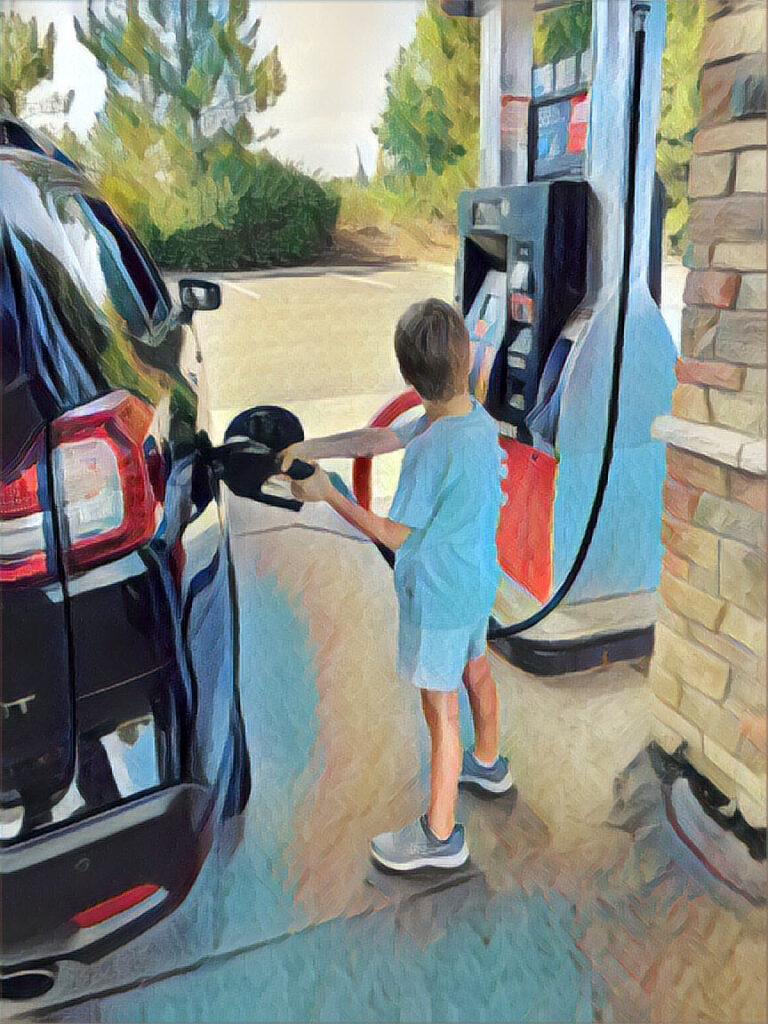
We want them getting a surge of dopamine from the pride they feel after making a birthday cake for their brother, or climbing to the top of the backyard tree, or successfully changing the car’s flat tire. Not from slaying a zombie in the netherworld.
If you help your kids to appreciate the joy of accomplishment in the small things like making their bed or walking the dog, you’re not going to need to “entertain” them as often. If you introduce helping-out with “real life” at an early age, they’re not going to think that these tasks are boring. They’re going to think that these tasks are important, since they’re what the grown-ups do. And in turn, they will feel like they are important as well. And again, it’s never too late to start. It may take longer to make the U-turn with your ten-year-old or sixteen-year-old, but they’ll come around.
Join the team
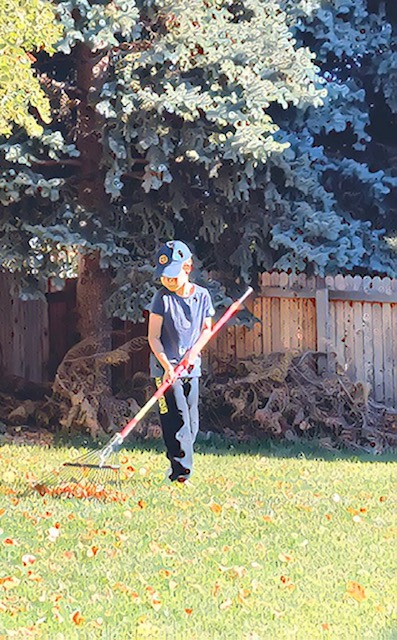
Even the oldest child wants to be part of the team. Conversely, “every time we choose an activity devoted to and centered around the child, we slowly take away that membership card. We tell children that they’re different from the rest of the family, that thy’re a bit like a VIP, who’s exempt from the family’s work, from the adult activities.”
Doucleff noticed that her Western way of parenting had been teaching her daughter “that her role in our house was to play Legos, watch educational videos, and be served meals. My role was to clean, cook, do her laundry, and shuttle her from one activity to the next. So why in the world would she put on her shoes when I ask in the mornings? Why would she eat the broccoli I cook? Or get in the bed when we’re all exhausted?”
Ah yes…. the dreaded bedtime routine. This is exactly where Doucleff’s parenting tip #2 came in so handy in our house.
Parenting tip #2: Don’t yell at your kids.
Don’t yell at your kids. For real.
I know….. I know….. I sound absolutely crazed. I too thought this sounded like the most impossible feat attempted by humankind. Each night as bedtime crept nearer, I would steel myself for the UFC cage-fight that was getting my two small sons through a bath, into pajamas, and into our reading chair with clean teeth. In our house, the process took almost two hours. There was yelling, crying, stalling, running around, chasing, more yelling, more crying, and more cuss words than I’d like to admit.
When I read in “Hunt, Gather, Parent” that I wasn’t supposed to yell, I thought it was a good laugh.
But then I tried it.
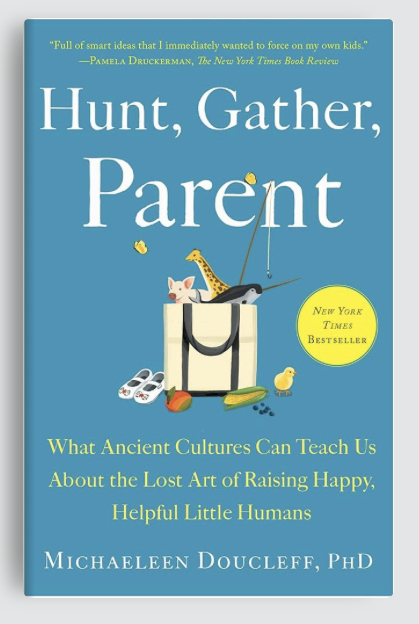
I used Doucleff’s two main suggestions:
- Stop talking. (Walk away if you have to.)
- Learn to have less, even no anger.
We westerners tend to talk. A lot. And when I was trying to get my kids to bed it was an avalanche of, “Hold still! Why are you doing that? You know better than that. Hurry up. Get back here. If you don’t brush your teeth by the count of three….” And so on.
And I will admit, it wasn’t working.
So one night, I decided that I was going to try to complete the bedtime routine without raising my voice once.
And it was hard. Really hard.
Walk away
One thing that helped was Doucleff’s suggestion that sometimes you just need to walk away.
If you’re finding your blood pressure rising, or feel the need to bark demands at your kids, just turn your back or walk away.
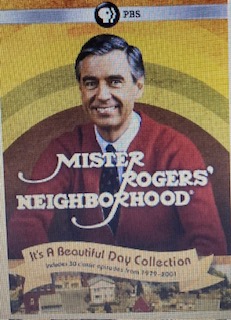
When you find yourself thinking, “I just want to sit on the couch with a glass of wine and these jerks can’t even put on their pajamas without causing a scene…” just take a breath. When you feel the anger first coming on “You can leave the room. Get out of the car. Walk down the sidewalk. Walk across the park. Or simply turn your back on the child.” Doucleff explains that “distancing can also help communicate to the child in a calm way that their behavior, at that moment is unacceptable. Ignoring children makes a powerful tool for disciplining.”
Doucleff learned from the Inuit community how to “parent with calmness.” It is our responsibility as the adult to help children learn how to calm themselves down. “And the best way to do that- whether the issue is crying, screaming, or an endless stream of demands- is for the adult to interact with the child from a place of the utmost calm. Seriously, we are talking about a degree of calmness that we rarely see in Western culture. Think lying-facedown-on-a-massage-table calmness. Or the way you feel after taking a long, hot bath. Think Mister Rogers, stoned.”
So that night, every time I felt like yelling, I either turned my back or walked into the other room. I kept my calm. And my children reacted in a way I never expected. They calmed down too. They stopped running, they stopped yelling, and they stared at my quiet face waiting for my next move.
The mirror effect
Children are a mirror. When I was a hot mess who couldn’t regulate herself, my children were too. When I calmed down and stayed steady, my kids opened up in a way I couldn’t have expected. They asked more questions, they sang, they joked…. they made the process much more pleasurable than the drill-sergeant mess I had created. (And they also stopped throwing Legos out the window.)
There are nights when I forget to do my Mister Rogers impersonation, and it’s always much harder. When I think to myself, “why are the boys being so disrespectful tonight?” I inevitably realize that I have been raising my voice and acting like a jerk myself. It’s not always easy to keep it together, especially when you have been the sole childcare provider for a long, hot summer day…. but I can’t stress enough how well it works when you put in the effort.
Are you ready to rock this?
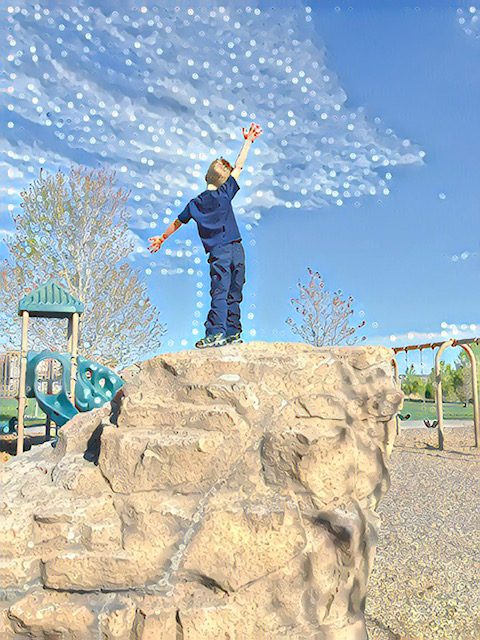
“Hunt , Gather, Parent” is the parenting book we all need. It’s so much more than two main points, and I implore you to read it to find the myriad other gems inside Doucleff’s beautiful writing. For me it was the permission slip I needed to live the life I enjoy, and invite my children to be a part of that life. Yes, I enjoy the occasional trip to the zoo or the water park, but I do those things because my children AND I enjoy them, not because my kids are running the show. I don’t do “kid” stuff unless I like it as well. I invite them to enjoy the pride and pleasure in taking a hike, baking a cake, or painting the cabinets. And we definitely don’t listen to “kid music” anymore while we do it all!
More good stuff
If you’d rather listen to an interview with the author than read the book, check out this great one: 1000 Hours Outside- In Some Cultures They Never Yell At Children
Are we raising unhelpful, bossy kids? Here’s the fix. by Michaleen Doucleff
Bringing up a baby can be a tough and lonely job. Here’s a solution: alloparents. by Michaleen Doucleff
A Global Guide For Parents: How Your Kids Can Have Fun Without Stressing You Out. by Michaleen Doucleff.
More help!
Here’s some games for kids to play outside!
Live a little bit more like our ancestors with Screen Free Sunday!
The other parenting book I can’t live without is “The Anxious Generation” by Jonathan Haidt.

Thanks for visiting ScreenLessPlayMore.com !

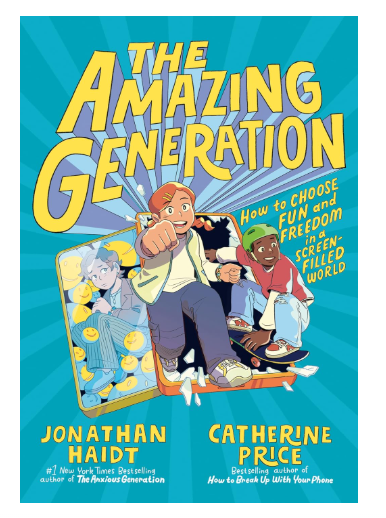
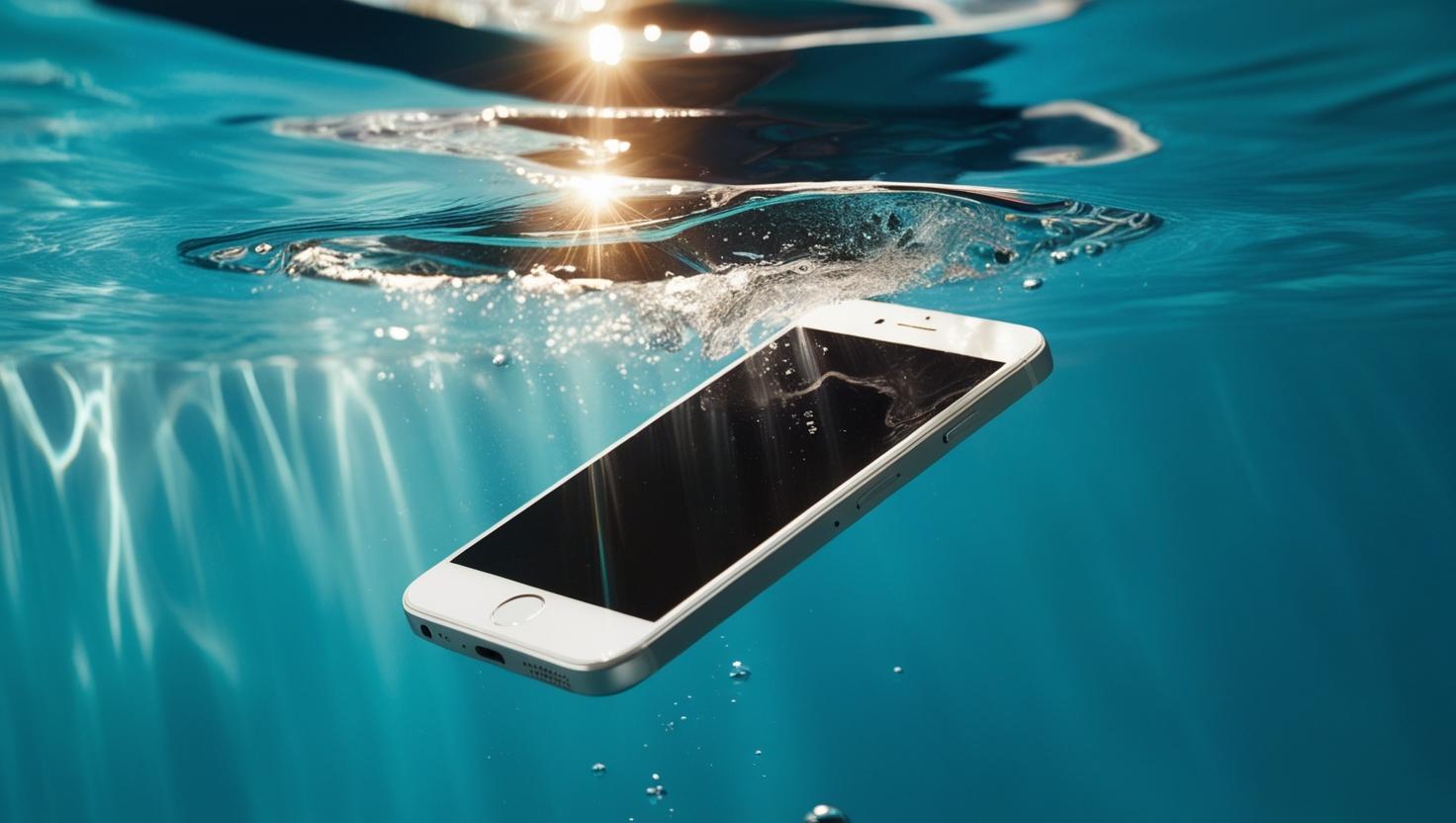
What an educational and enjoyable read! Thank you for the tips, I will try them…. especially the try not to yell one….. cuz lord knows i do!